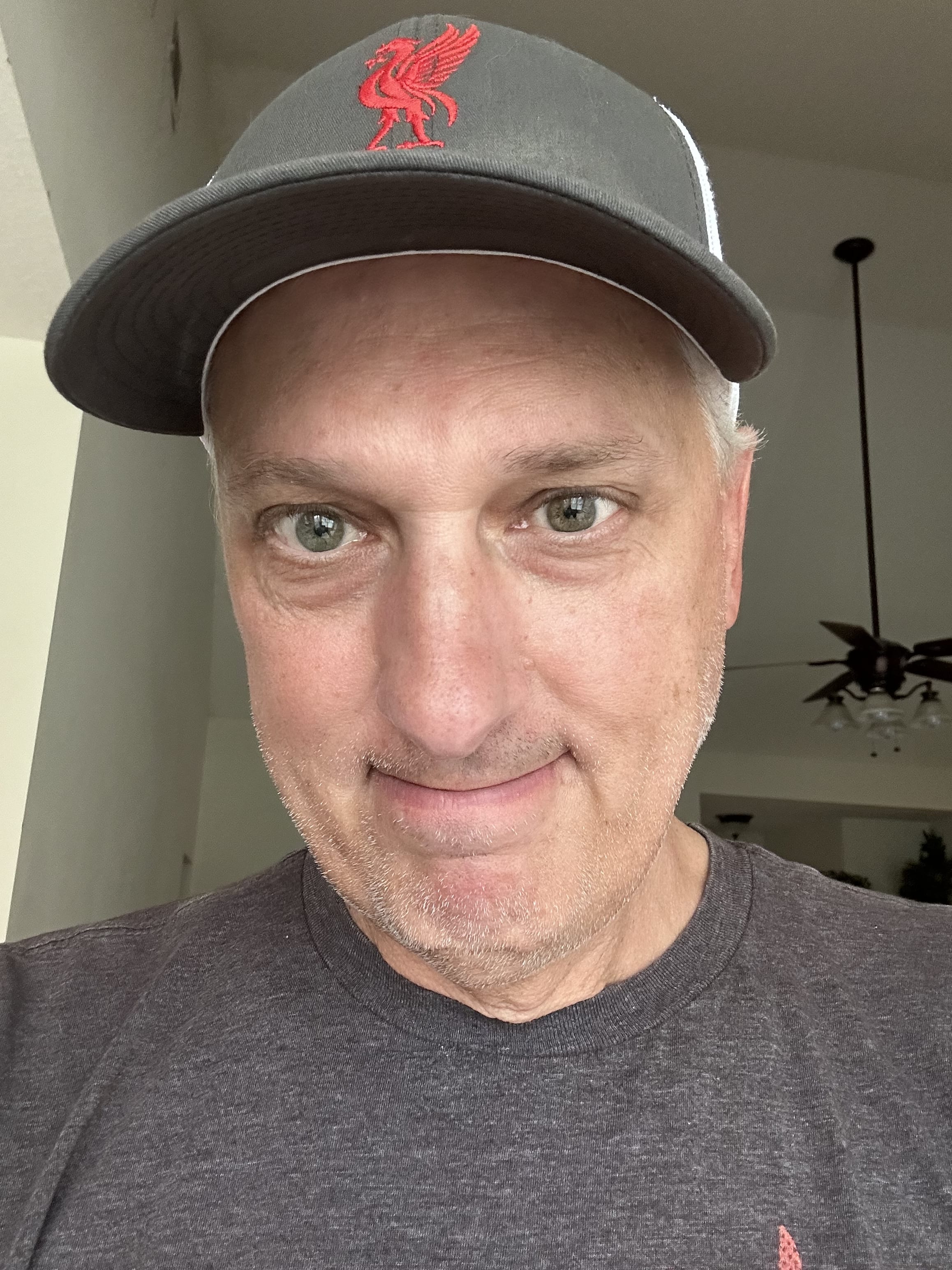AUBURN | There were a lot of positives to glean from Auburn’s 22-point win over Georgia. The improved play of the bench, especially Allen Flanigan, and the better shooting, especially from beyond the arc to name a couple.
But perhaps the most important aspect of Saturday’s win was the lack of panic, or really any unnecessary concern, over the slow start or any bad stretches during the game. The Tigers started out 2 of 10 from the floor and trailed the Bulldogs 14-6 after seven minutes.
Georgia coach Tom Crean summed it up well in his postgame interview:
“They know how to play, they don't panic, and what I respect about them -- I respect a lot about them -- but they don't seem to let misses and things like that affect them on the other end,” Crean said. “And it really stood out more so today with our youth. When our shots aren't going, like layups, and when our free throws aren't going -- which is anomaly for us -- we let us affect our defense, we let it affect our rebounding. Big time.
“It's the difference of going against a highly mature Final Four team with a lot of guys back that plays with a lot of spirit and energy versus a team that's got to find some collective leadership.”
As I’ve watched the Tigers open the season with 15 consecutive wins, I haven’t been blown away by their long-range shooting like last season. They don’t have a highly-efficient offense. Auburn does play hard-nosed, physical defense for 40 minutes and does block a lot of shots and grab a lot of offensive rebounds.
But it’s really the mental toughness they’ve shown all season that makes the biggest difference to me. It helps having five seniors that have been there and done that, and it also helps having one of the most composed true freshmen I’ve seen at Auburn in just about any sport. Bruce Pearl referred to Isaac Okoro as a sixth senior and I have to agree.
And I’d like to give Pearl the most credit. What he’s done at Auburn is extraordinary and he’s continued to push this team and this program even higher.
Okoro may be a one and done, but Auburn’s basketball program won’t be under Pearl. His evaluations, recruiting, player development, scouting and coaching — along with a talented staff — are securing the Tigers a winning culture for many years to come.
***
In today’s musical journey we go back exactly 52 years to Jan. 13, 1968 and the recording of one of the most iconic live albums of all-time. Johnny Cash recorded At Folsom Prison over two days with the first concert, played in front of 2,000 inmates, providing 15 of the 17 songs on the album. Then California governor Ronald Reagan met with Cash the day before the concerts to offer his encouragement. The album reached No. 1 on the country charts and was certified triple platinum in 2003 after exceeding $3 million in sales. It was ranked No. 88 on Rolling Stone’s 500 greatest albums of all time and by Country Music Television as the third-greatest country album of all time.
Cash is one best-selling artists of all-time with more than 90 million records sold worldwide. He was born to cotton farmers in Kingsland, Ark., and worked in the fields starting at age five. He served four years in the U.S. Air Force as a Morse code operator, moving to Memphis following his honorable discharge where his music career took off. His 1956 hit, I Walk the Line, was the first of 13 No. 1 songs in his long career that also included eight film credits, his own T.V. show plus more than 20 guest appearances on other shows. He wrote nearly all of his songs and also a number of books. He has been inducted into the Country Music, Rock and Roll and Gospel Music Hall of Fames.
Known as The Man in Black due to his all-black wardrobe, Cash wrote deep, soulful music that was reinforced by his baritone voice. He said he wore black on behalf of the poor, hungry, prisoners that have paid for their crimes and those betrayed by age or drugs. He was an advocate for many in need including Native Americans and prisoners, and met and befriended a number of US Presidents including Richard Nixon and Jimmy Carter. He was a longtime friend of Billy Graham.
The headline song from At Folsom Prison, Folsom Prison Blues, was first released in 1956 and climbed to No. 4 on the country charts. The live version went up to No. 1 on the country charts in 1968. Below is a live version recorded a little later at San Quentin prison…
